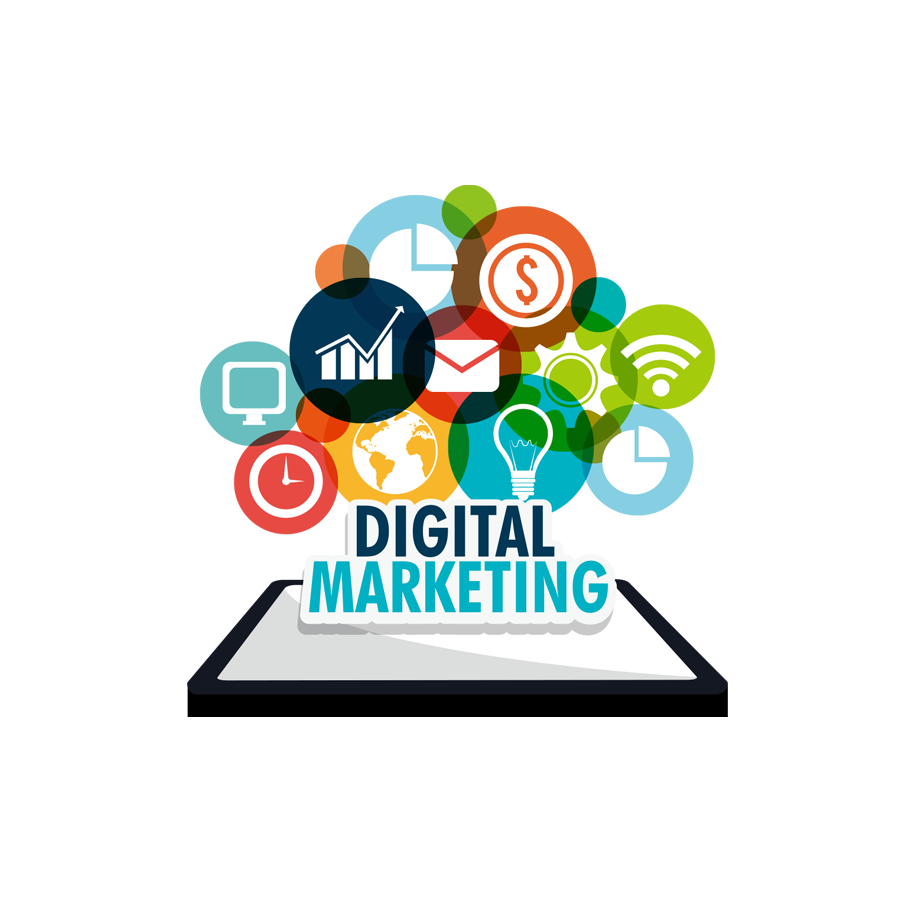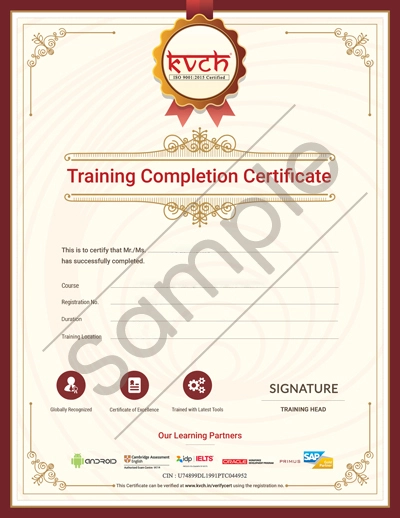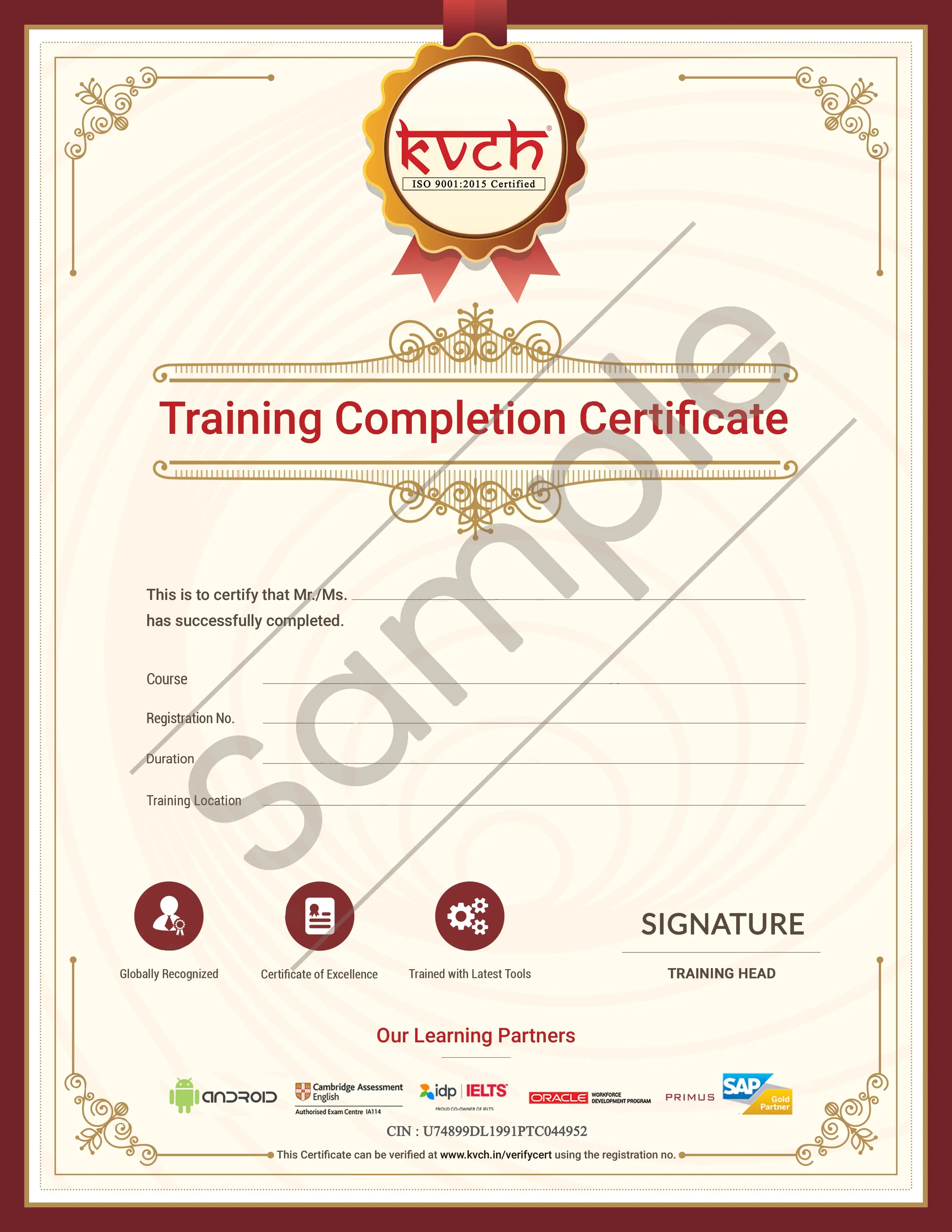Digital Marketing: An In-Depth Overview
Digital marketing is the use of online platforms and digital technologies to promote products, services, or brands to a global audience. Unlike traditional marketing, digital marketing leverages the internet, social media, search engines, email, and other digital channels to reach potential customers more efficiently. With the increasing reliance on technology, digital marketing has become an essential component for businesses aiming to grow and thrive in today’s competitive environment.
What is Digital Marketing?
Digital marketing refers to all marketing efforts that use the internet or electronic devices. Businesses use digital channels such as search engines, social media, email, and websites to connect with their audience. It allows marketers to target specific demographics, measure campaign performance, and adjust strategies in real time.
Key Components of Digital Marketing
Here are the core components that make up a successful digital marketing strategy:
- Search Engine Optimization (SEO): Optimizing your website to rank higher in search engine results pages (SERPs) to increase organic traffic.
- Pay-Per-Click (PPC) Advertising: Using paid ads on platforms like Google Ads to drive targeted traffic to your website.
- Content Marketing: Creating valuable, relevant content to attract and retain an audience, such as blogs, videos, and infographics.
- Social Media Marketing: Promoting your brand and engaging with customers on platforms like Facebook, Instagram, LinkedIn, and Twitter.
- Email Marketing: Sending personalized emails to prospects and customers to nurture relationships and drive sales.
- Affiliate Marketing: Partnering with affiliates who promote your products or services in exchange for a commission.
- Influencer Marketing: Collaborating with influencers to reach their audience and boost your brand visibility.
- Analytics and Data Analysis: Using tools like Google Analytics to measure performance and optimize marketing efforts.
Why is Digital Marketing Important?
Digital marketing offers several advantages over traditional marketing methods. Here’s why it is critical for businesses:
- Global Reach: Unlike traditional marketing, digital marketing allows businesses to reach a worldwide audience without geographical barriers.
- Cost-Effective: Digital marketing is often more affordable than traditional advertising, making it accessible to small and medium-sized businesses.
- Measurable Results: Marketers can track and analyze campaign performance in real-time, enabling data-driven decisions.
- Targeted Audience: Advanced targeting options help businesses reach the right audience based on demographics, interests, and online behavior.
- Engagement and Interaction: Social media and other platforms allow businesses to engage directly with customers, building trust and relationships.
- Flexibility: Digital marketing campaigns can be easily adjusted and optimized for better results.
Types of Digital Marketing
Let’s explore some of the most common types of digital marketing in detail:
1. Search Engine Optimization (SEO)
SEO focuses on improving your website’s visibility in search engines like Google. This is done by optimizing website content, improving page load speed, and building backlinks.
- On-Page SEO: Optimizing individual web pages, including titles, meta descriptions, and content.
- Off-Page SEO: Building backlinks from other websites to improve your domain authority.
- Technical SEO: Enhancing website performance, including mobile-friendliness, speed, and crawlability.
2. Pay-Per-Click Advertising (PPC)
PPC advertising involves paying a fee each time someone clicks on your ad. Platforms like Google Ads and Bing Ads are commonly used for PPC campaigns. The ads appear on search engine results or partner websites.
3. Social Media Marketing
Social media platforms are powerful tools for engaging with your audience. Businesses can post content, run ads, and interact with customers on platforms like:
4. Content Marketing
Content marketing focuses on creating high-quality content to attract and retain customers. Examples include blog posts, videos, podcasts, infographics, and eBooks.
5. Email Marketing
Email marketing is one of the most effective ways to nurture leads and convert them into customers. Marketers use email campaigns to share updates, offers, and valuable content.
6. Affiliate and Influencer Marketing
Affiliate marketing involves working with partners who promote your products for a commission. Influencer marketing, on the other hand, leverages social media influencers to promote your brand to their followers.
Benefits of Digital Marketing
Here are some key benefits of implementing digital marketing strategies:
- Better ROI: Digital marketing campaigns offer higher returns on investment compared to traditional methods.
- Personalization: Marketers can deliver personalized experiences through data-driven strategies.
- Real-Time Results: Analytics tools allow businesses to track campaign performance and make adjustments instantly.
- Increased Engagement: Social media and interactive content boost customer engagement.
Future of Digital Marketing
The future of digital marketing is shaped by emerging technologies and changing consumer behaviors. Here are some trends to watch:
- Artificial Intelligence (AI): AI-powered tools will enable personalized customer experiences and advanced data analysis.
- Voice Search: Optimizing for voice search will become crucial as more users rely on smart speakers and voice assistants.
- Video Marketing: Video content will continue to dominate, especially on platforms like YouTube and TikTok.
- Augmented Reality (AR): AR will revolutionize e-commerce by offering virtual try-ons and interactive experiences.
Conclusion
Digital marketing is a dynamic and ever-evolving field that offers endless opportunities for businesses to grow and connect with their audience. By leveraging the right strategies and staying updated with the latest trends, businesses can achieve long-term success in the digital world. Whether you are a small startup or a large enterprise, investing in digital marketing is essential to stay competitive and relevant in today’s market.











.webp)
.webp)
.webp)
.webp)
.webp)
.webp)
.webp)
.webp)
.webp)
.webp)
.webp)
.webp)
.webp)
.webp)
.webp)
.webp)
.webp)
.webp)
.webp)
.webp)
.webp)
.webp)






























